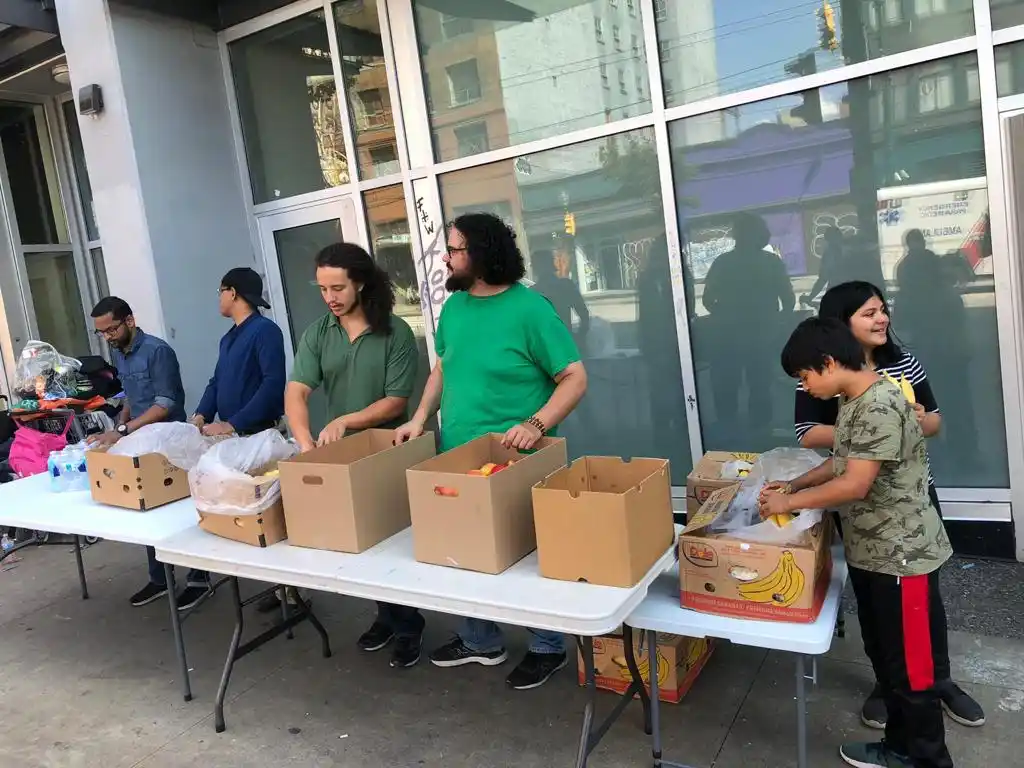Securing the Future of Philanthropy: The Importance of Youth Engagement

Philanthropy is often viewed as a noble pursuit reserved for adults with financial stability and resources at their disposal. However, a fundamental shift in this paradigm is underway, as more emphasis is placed on involving young people in charitable endeavors.
As a couple with common goals we believe in the power of giving back, in alleviating suffering, and in making a positive impact on our community. However, our commitment extends far beyond simply volunteering our time. We made a conscious decision to involve our children in every aspect of our philanthropic endeavors. This isn’t just about passing down family values; it’s about securing the future of philanthropy by nurturing the next generation of compassionate changemakers.
Many might wonder why it’s important to involve young people in charity work. After all, they may not have the financial resources or life experience of adults. But the benefits of youth engagement are profound.
Early exposure to charitable efforts fosters a sense of empathy and social awareness in young minds. They witness the struggles of others firsthand, learn about the root causes of social issues, and develop a deeper understanding of the world around them.
That’s why we actively involved our children in our charity efforts, allowing them to see the faces behind the statistics, heard stories of hardship, and experienced a powerful sense of connection.
Volunteering and participating in charity programs aren’t just about helping others; they’re also incredible opportunities for personal growth. Young people who participate in charitable work develop valuable life skills that benefit them throughout their lives.
Volunteering often involves working in teams toward a common goal. This fosters leadership skills as young people learn to delegate tasks, motivate others, and navigate group dynamics. Additionally, communication skills are sharpened as they interact with individuals from diverse backgrounds and present their ideas persuasively.
Moreover, charity work presents real-world challenges that require creative problem-solving. Young people involved in fundraising campaigns or donation drives must brainstorm solutions, think critically, and adapt to unforeseen circumstances. These experiences build resilience, resourcefulness, and the ability to think outside the box.
While the benefits for young people are undeniable, involving them in charity work also benefits the organizations themselves. Here at 100 Meals a Week, we’ve witnessed the positive impact of intergenerational collaboration firsthand. Young volunteers bring a fresh perspective and innovative ideas to the table. They’re often tech-savvy and can help modernize fundraising efforts and outreach strategies. Their enthusiasm and energy are contagious, and they can inspire elder volunteers with their fresh perspective.
By engaging young people in charity work, we’re not just helping those in need today; we’re also investing in the future of philanthropy. As these young people become adults, they’ll possess the skills, knowledge, and passion to become effective leaders in the charitable sector.
We urge all parents and guardians to consider involving their children in charitable work. There are countless ways to get young people involved, from volunteering at local soup kitchens to organizing donation drives at school. Even small acts of giving back, like making cards for hospitalized children or participating in a neighborhood clean-up, can make a lasting impact.
By fostering a culture of philanthropy within our families and communities, we can empower the next generation to solve the world’s most pressing challenges.
Let’s join hands, across generations, to cultivate a future where the spirit of giving thrives.
